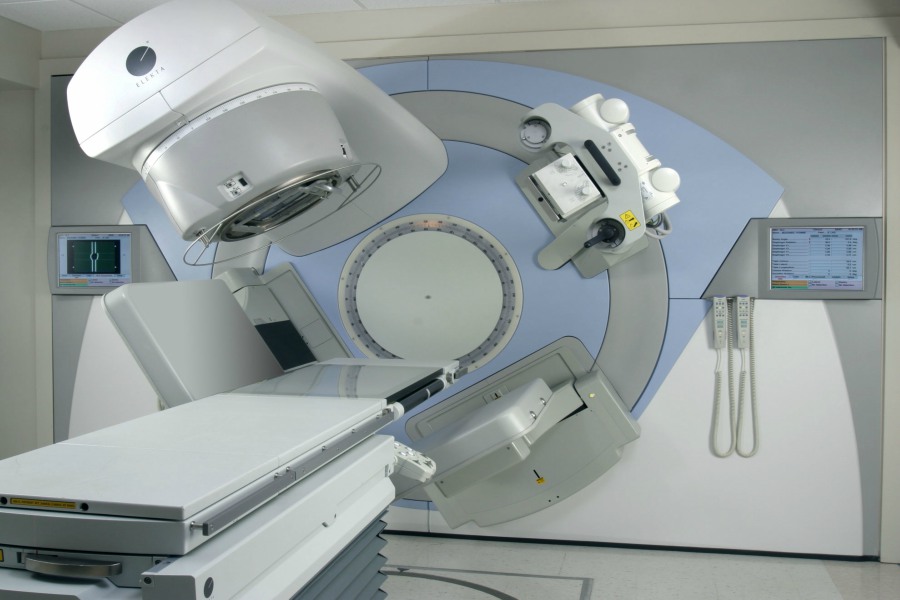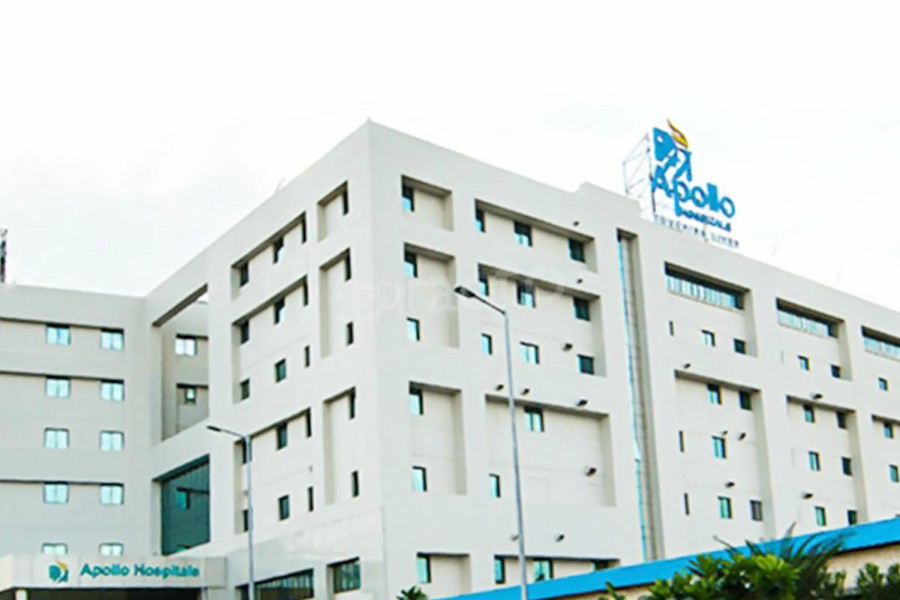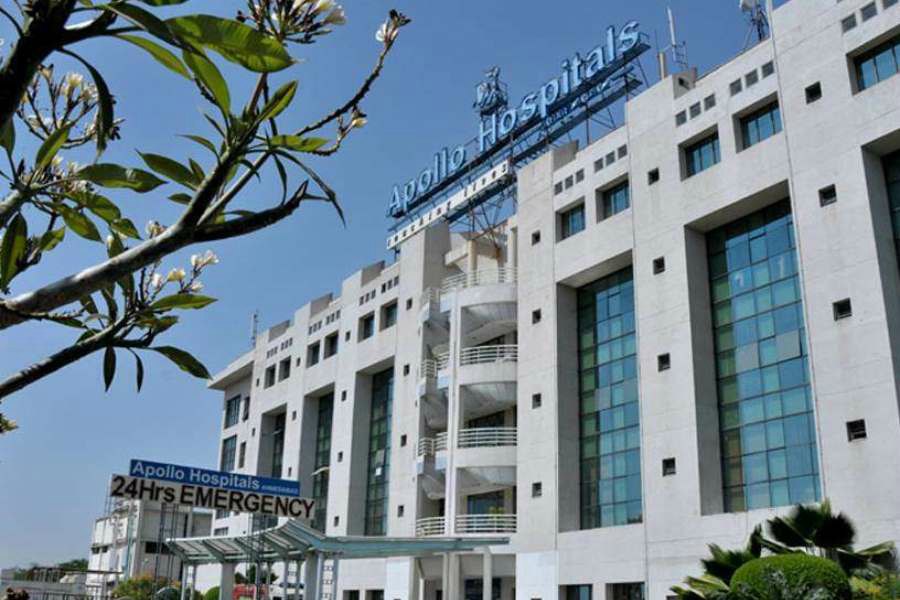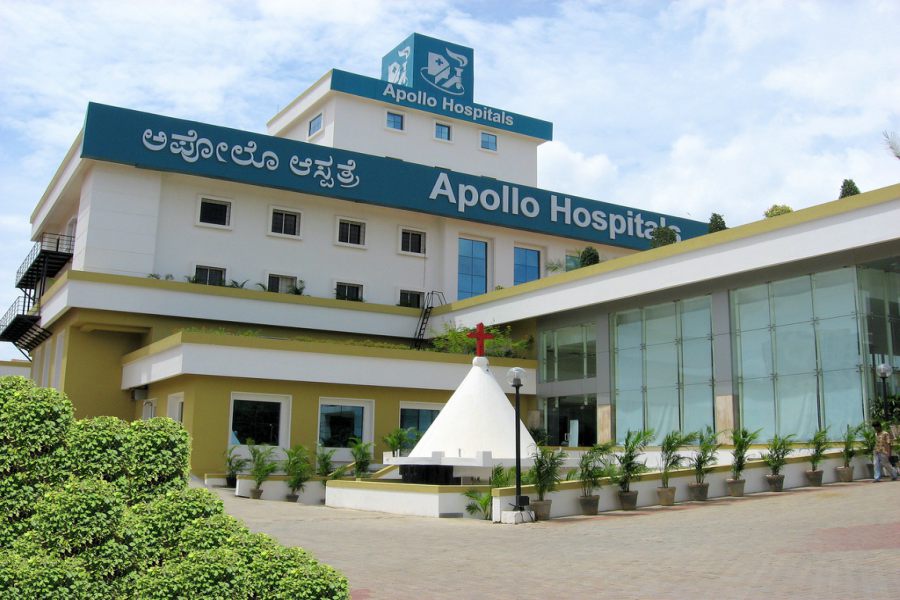
Currently, there are several treatment modalities to treat cancer. These range from traditional surgery to the latest employed radiation therapy and immunotherapy. Although these treatment options have effective results, they carry several risks and side effects.
Stereotactic radiotherapy is a new type of radiation therapy that gives a remarkable result in the treatment of cancer. Also, it is a novel therapy with minimal side effects and less damage to the surrounding tissues.
Overview
Stereotactic radiotherapy is a specialized form of radiation therapy. It delivers a high dose of rays to the targeted region to destroy the cancer cells. It is used in the treatment of very small cancers of the brain, bones, lungs, liver, abdomen, and the spinal cord.
Stereotactic radiotherapy is very similar to stereotactic radiosurgery. The difference is stereotactic radiosurgery delivers a large dose of radiation on a single day, whereas stereotactic radiotherapy has a fractionated treatment schedule.
ELIGIBILITY
People with small tumours who cannot undergo surgery are considered as good candidates for stereotactic radiotherapy. However, based on the overall health of the patient, the doctor will decide whether he/she is eligible for stereotactic radiotherapy or not.
PREPARATION BEFORE PROCEDURE
You need to tell about your medical and medication history. The doctor will brief you about the treatment sessions and the duration of the therapy. Few days before the therapy, you will be advised to undergo certain imaging tests to determine the size, location, and extent of the tumour.
You also need to follow the instructions given below before the procedure:
Inform the doctor about the use of current medicines
- Stop taking any vitamin or mineral supplements a few days before the therapy
- Tell the doctor about your allergies
- Inform the doctor if you have any medical devices, such as a pacemaker or stents
- Notify the doctor if you are claustrophobic
- Do not eat or drink anything one night before the procedure
- Do not apply any makeup on the day of the therapy
ABOUT PROCEDURE
Before initiating the procedure, the radiologist will place an immobilization device to keep the body still during the treatment. Once you are immobilized, the doctor will perform certain tests to determine how the tumours are moving while you are breathing. After the scan is done, small, permanent ink marks are made on the skin, exactly at the region where tumours are located. Depending on the extent of tumours, the surgeon will plan the course of treatment.
During the treatment, you will be placed in a position where the treatment is required. An immobilizing device is placed at the targeted location. Now the surgeon will use specialized equipment to deliver several small beams of rays at the tumour site. Sometimes, the X-rays and CT scans are done during the therapy to monitor the position of tumours. The rays will shrink and destroy the tumour without causing much harm to the surrounding healthy tissues.
POST-PROCEDURE CARE
After the session, the person may have headache and brain swelling, which can be managed by taking the prescribed medicines. In most of the cases, the patient will resume back to his/her regular activity within one to two days after the session.
RECOVERY TIPS
Following the instructions given by your doctors may help you in managing the side effects:
- Eat a healthy and well-balanced diet
- Stay hydrated
- Avoid consumption of alcohol
- Stay physically active
- Perform breathing exercises
FACTORS AFFECTING COST
The cost depends upon the:
- Facility used
- Technology used
- Expertise of the healthcare team


 Best Hospitals
Best Hospitals












